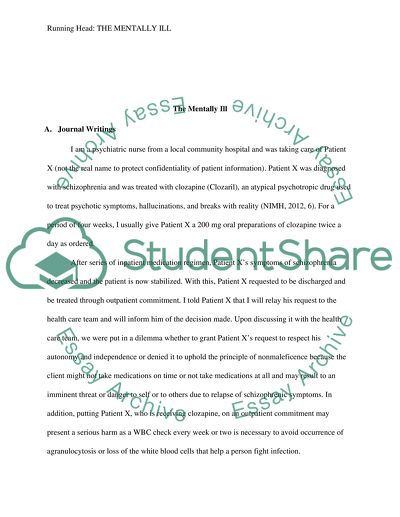Cite this document
(“The Mentally Ill Essay Example | Topics and Well Written Essays - 1750 words”, n.d.)
The Mentally Ill Essay Example | Topics and Well Written Essays - 1750 words. Retrieved from https://studentshare.org/nursing/1452512-the-mentally-ill
The Mentally Ill Essay Example | Topics and Well Written Essays - 1750 words. Retrieved from https://studentshare.org/nursing/1452512-the-mentally-ill
(The Mentally Ill Essay Example | Topics and Well Written Essays - 1750 Words)
The Mentally Ill Essay Example | Topics and Well Written Essays - 1750 Words. https://studentshare.org/nursing/1452512-the-mentally-ill.
The Mentally Ill Essay Example | Topics and Well Written Essays - 1750 Words. https://studentshare.org/nursing/1452512-the-mentally-ill.
“The Mentally Ill Essay Example | Topics and Well Written Essays - 1750 Words”, n.d. https://studentshare.org/nursing/1452512-the-mentally-ill.


